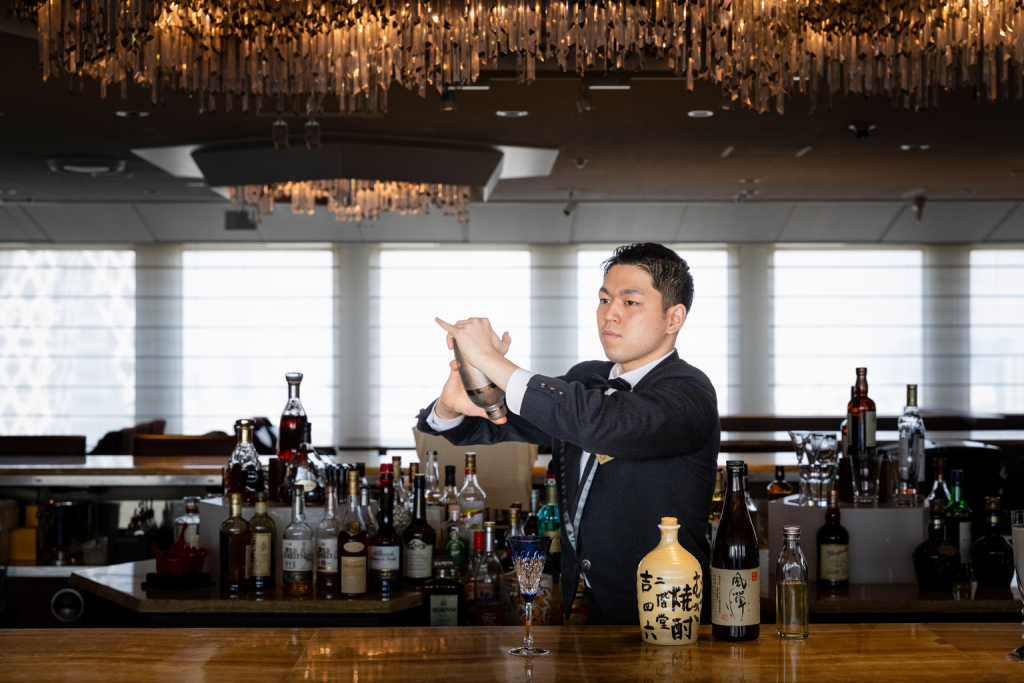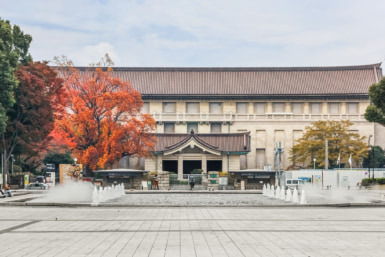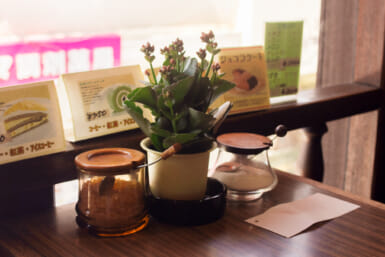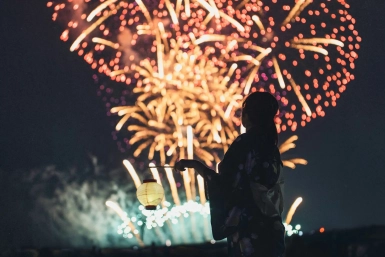Shun Kosaka moves with an air of confidence that belies his mere 24 years of age. Bartender at the illustrious Keio Plaza Hotel Tokyo in Shinjuku, he’s racked up experience in dozens of contents since he joined the profession at age 20. In February this year, he secured the crown at the 2022 Honkaku Shochu & Awamori Cocktail Competition, a tournament organized by the Japan Sake and Shochu Makers Association. It was his third time competing and his pearly pink concoction Hana Shigure beat bartenders from distinguished hotels and bars across the country.
While this competition focuses on the Japanese traditional spirits of shochu and awamori, Kosaka has a strong interest in kokushu — the collective name for Japan’s homegrown alcoholic beverages — as well as other Japan-sourced ingredients. “Kokushu has a broad diversity of flavors. It also matches the trend of local sourcing and production, aligning with sustainable development goals. Communities like Kumamoto and Kagoshima, for example, have used locally grown sweet potato for centuries. Kokushu also has the advantage of having relatively low alcohol levels, which means it’s easy to consume. I think shochu-based cocktails have huge potential and I want to be a part of sharing their appeal with a broader audience,” Kosaka says.
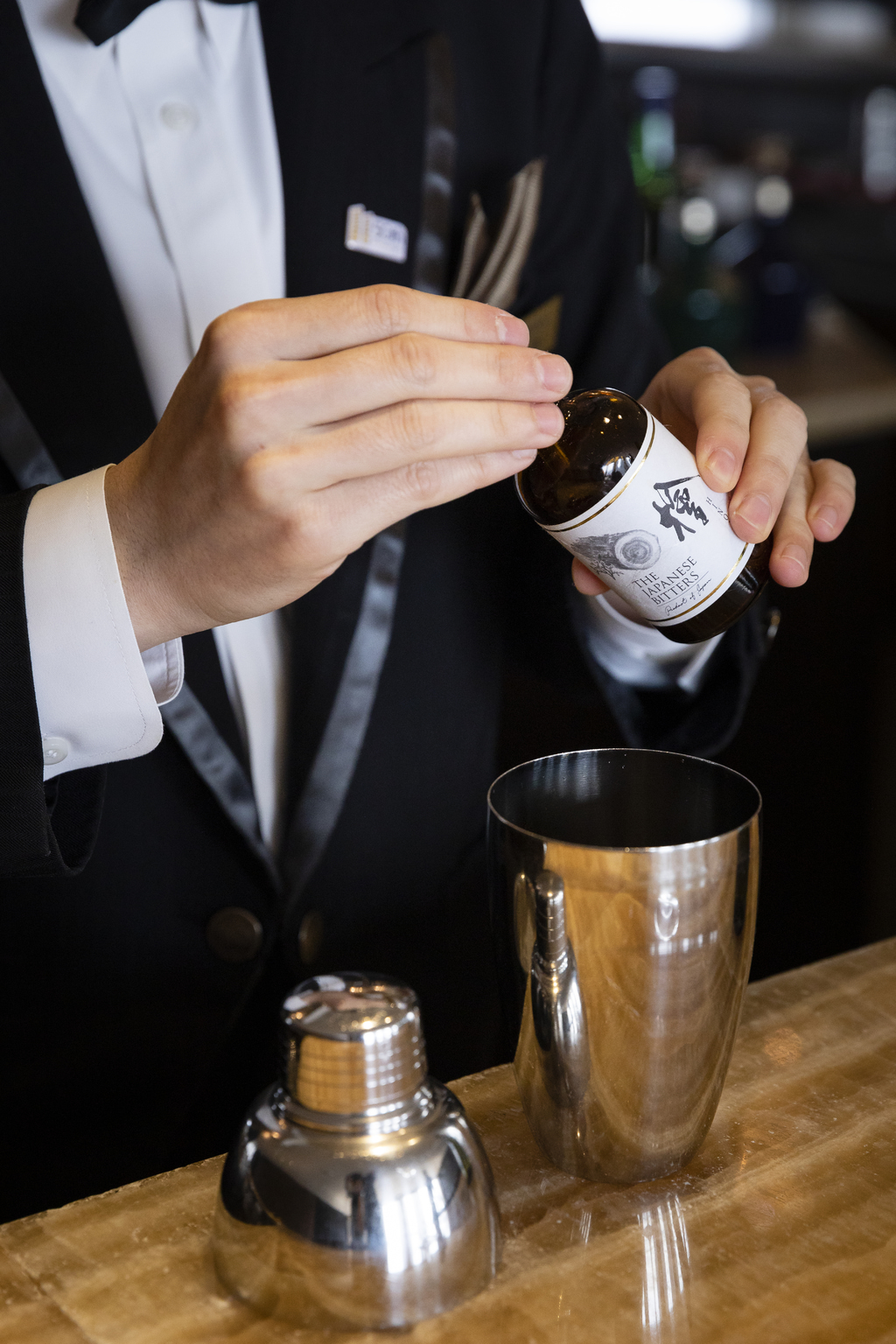
Spirited Away
Hailing from Hiroshima, Kosaka’s father is a chef of French cuisine and well-versed in the culinary arts. Kosaka often accompanied him on dining excursions to restaurants around the city, getting an early lesson in gastronomy. Liquor was, of course, not on the menu at this time. With this background, pursuing a career in hospitality seemed like a given. However, upon graduating high school, Kosaka didn’t have a definite goal, saying he kind of just fell into it.
“I started looking at culinary schools because it’s what my dad did, but outside of that I didn’t have any huge ambitions. I was considering studying in Osaka or Fukuoka since they’re pretty close to Hiroshima. My father, though, insisted I go to Tokyo. For me, personally, anywhere would have been fine. But after coming here, I realized there is a diversity in people, cuisine and so on that Hiroshima doesn’t have,” he explains.
Encouraged by his father to head to “the center of Japan” for culinary school, he set out to Tokyo and snapped up a part-time job as a waiter at Keio Plaza Hotel Tokyo to complement his studies.
Once there, Kosaka soon realized that perhaps cooking wasn’t for him, after all. “As a waiter, I could communicate with guests and hear their reactions to the dishes. At the same time, all I was doing was serving it. Food preparation, on the other hand, takes a long time. And honestly, I’m not well-suited to repetitive tasks,” he says, laughing.
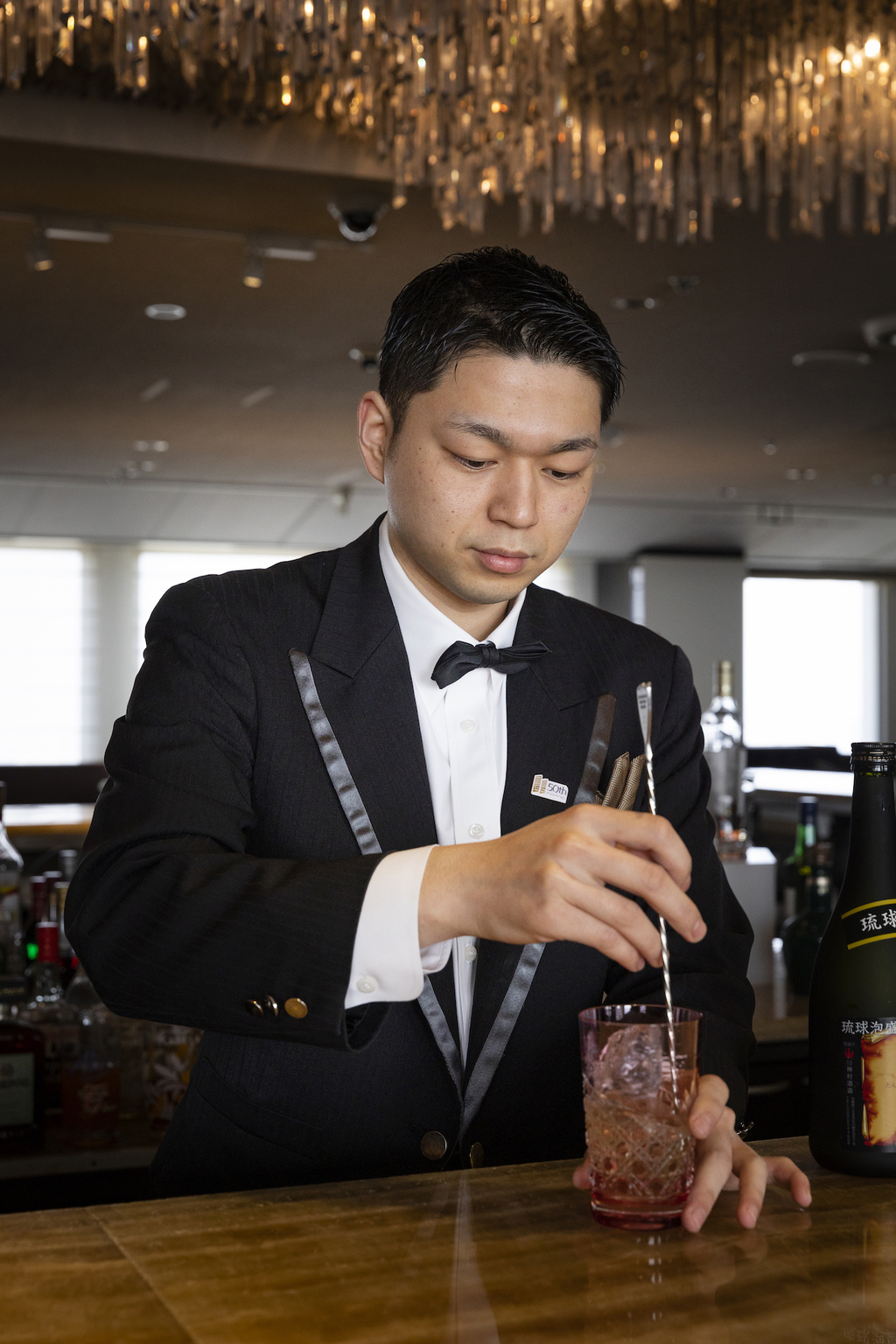
When the Spirit Moves You
When the hotel’s Aurora Sky Lounge was under renovation, one of the bartenders stepped down. Kosaka — still only 19 — saw his chance and asked to be considered for the job. He hit the books and earned a bartending certification to make him eligible. The rest, as they say, is history.
“In the end, I didn’t choose the same path as my father — although we’re both in the hospitality industry — I discovered that bartending suited me better. While I’m grateful for my other experiences, there is more room for improvisation and originality here. It’s a blend of client-facing and creative work. I get a lot of satisfaction from that combination, as well as conversations with guests,” Kosaka says.
Since he took the position, he hasn’t looked back. Kosaka fills his days with work, studying herbs and pairings, experimenting with different flavors. He also frequently dines out at restaurants across Tokyo to sample new flavors and incorporate them in his own creations. He hides a slew of herbal infusions and syrups in a refrigerator below the bar counter, many of them completely original concoctions. Kosaka says, “Thanks to my father, I could experience restaurants with innovative takes on food, where they would pair things that you wouldn’t find anywhere else. That developed my palate — or at least its foundation. That has helped a lot. It means I can picture a new cocktail recipe in my head, then work out the measurements afterwards.”
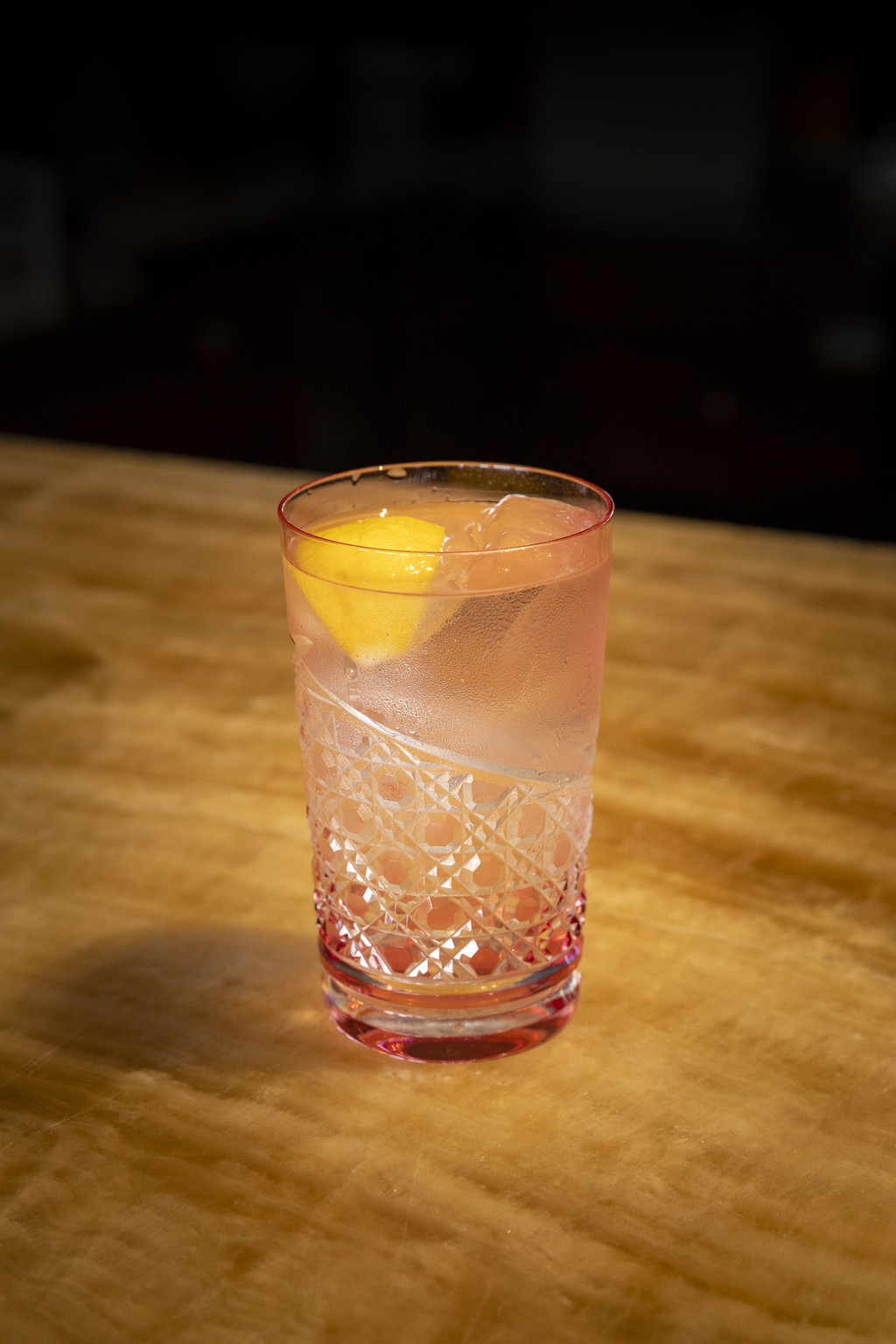
Spiritual Ambition
Kosaka spends an upwards of four hours a day outside of work creating and contemplating cocktails and novel ingredient combinations. Although much of it is due to his passion for his craft, it’s also to ensure victory at future tournaments.
“Competitions require a special approach,” he explains. “The ingredients vary according to the sponsor, so if one brand is the main focus, then you use a selection of their products. If the tournament is organized by a bartender’s association then you have to consider all aspects. It has to taste good, look good — even the name has a strong significance. They look at the whole picture.”
Despite his intense studying to achieve accolades, his ultimate ambition — developed over the years — is not to have a wall full of trophies. “It’s frustrating when I lose and I’m ecstatic when I win. However, I want to become famous for what I do not just as a hotel bartender, but recognized as a person of the bartending craft,” he says. “I want to create surprising new cocktails that people have never tasted before. And eventually, I’d like to produce a spirit of my own. I’m not sure what kind, but it would be something that uses Japanese ingredients.”
Photos by Anna Petek

